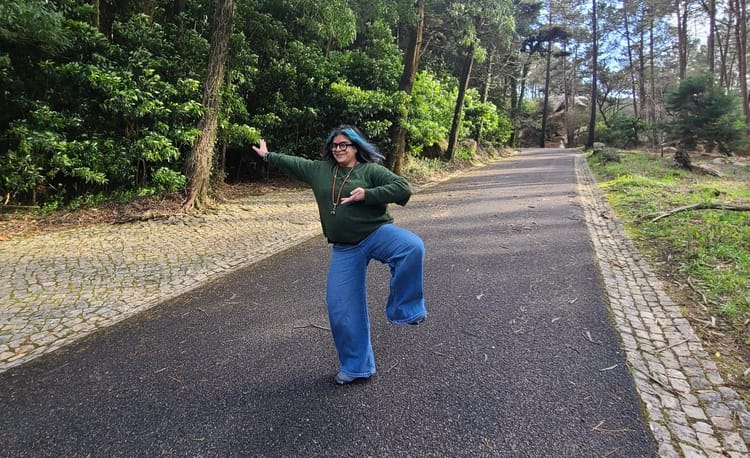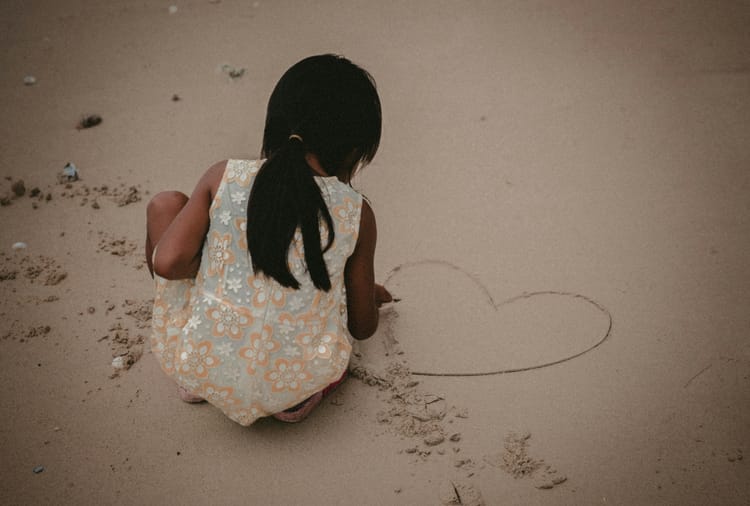Healing from the Mother Wound

If you are someone who struggles with Mother’s Day, I want you to know that you are not alone. You are not the only one who has/had a tenuous relationship with their mother. And I know that your relationship (or lack thereof) with your mother is hard year-round and perhaps amplified on this day thanks to social media algorithms and the flood of ads for gifts and the odes our friends and family share about their mothers.
What you might be experiencing is a mother wound. A mother wound is an intergenerational trauma passed on from a mother to their child. It can be understood as the absence of loving, nurturing, and attuned mothering due to sickness, mental health, addictions, abandonment, divorce, and death. In some mother-child relationships, it can be a deep co-dependence, and the child cannot separate themselves from their mother as an adult to create intimate relationships with their spouse.
In my years of family therapy as a dementia specialist and now as a private practice trauma specialist, I have seen a wide range of hues of mother-child relationships. Sharing a recent story of healing that awed me.
One of my clients talked to me recently about using avoidance as a “coping tool” and how she did not want that to become her default. She said that she had used it with her mother and friend recently, and it was not sitting well with her. She shared that when she was a young child, her mother often used distance, avoidance/withdrawal with her during challenging moments. She is afraid that she is going down that route and may do the same with her son.
I asked her whether she wanted to start with the recent incidents or at the beginning. I encouraged her to be still and check in with her body. Within seconds she said that she would love to start at the beginning. I asked her to bring up an image of a specific incident where she experienced this withdrawal from her mother. She said that she could see it clearly. As she revisited this scene, her throat began to clam up and she felt suffocated. I encouraged her to soothe the physical sensations with her hands and stay with the image if that felt bearable. She sensed that her mother was in one of her moods, so she herself took herself out of the situation and retreated under the big dining table, surrounded by chairs. It was her safe place. When I asked her how was the child under the table feeling, she had tears in her eyes as she said that the child felt lonely, guilty, and afraid. I encouraged her to talk to that version of herself with compassion that oozed validation and reassurance. The client said to her younger self, “I am sorry that this happened to you. It was not right of Mom to do that. No child should have to go through that. I am here for you. I love you.” The conversation was much longer; this is the gist of it. Her inner child responded with love and hope.
At this point, I encouraged her to bring up the situation with her friend. The client said that she had been worried about her friend’s choices over the last few years and choosing to move away when she had her child with a partner that she (the client) did not approve of. My client had felt hurt and abandoned.
I asked her, “What was the intention behind the avoidance…the purpose of the avoidance…” I invited her to be curious about what was common in the two situations. She was on point: She withdrew because she was scared of being hurt. She withdrew because she was very angry and was afraid that her anger and immediate response were going to make it worse.
Once she understood the purpose of the withdrawing behaviour, she felt a bit of relief. The iron was hot, and I struck. I asked her to go back to her childhood situation and zoom in on her mother. Immediately she said, “Her intention was not to hurt me.” I offered her the piece of wisdom that has helped me greatly in healing from my father wound - “Two things can be true at the same time. It was not their intention to hurt me, and they hurt me deeply.”
My client was relieved. She did not want to hold that anger with her mother. I asked her to focus on the anger for just a minute and she recognized that all the anger wanted was for her mother to realize how much she had hurt her and make amends.
I asked her if her mother had the tools and the opportunities to understand and grow. She understood that she might never have that closure with her mother, and she could have closure within herself, and release what she needed to. She felt stronger and capable of breaking her patterns and moving forward with grace and love.
My client said she would reach out to her friend. She felt ready to be reconnected.
The biggest gift we can give our mothers is to heal from all that they passed on to us, even if they do not recognize it. Keep doing the work. You are amazing.


Member discussion